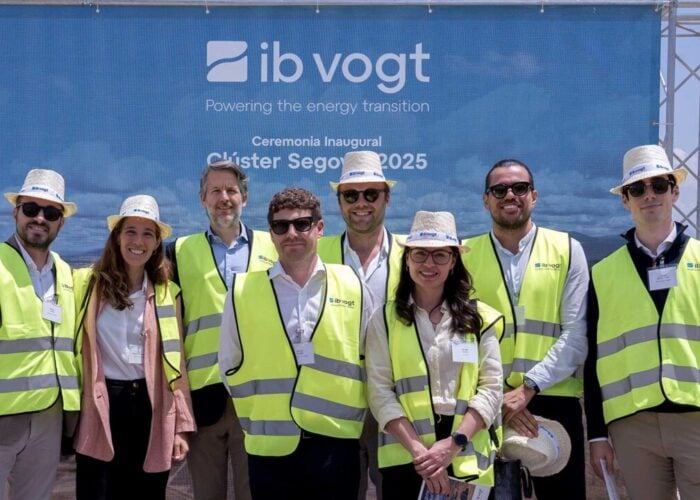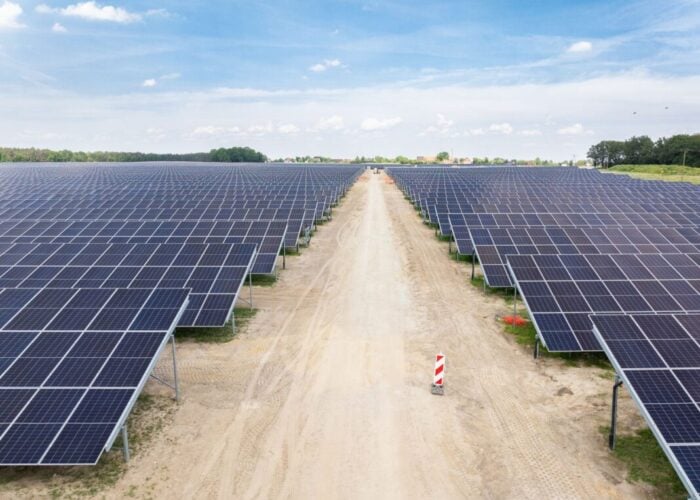PV module supplier Innotech Solar has filed for insolvency blaming uncertainty in the European market for its troubles.
The Norwegian firm filed for insolvency on Tuesday in Narvik, Norway, while its German subsidiaries ITS Innotech Solar Module, ITS Halle Cell and Energiebau Solar Power all filed for insolvency in Cologne on Wednesday.
Unlock unlimited access for 12 whole months of distinctive global analysis
Photovoltaics International is now included.
- Regular insight and analysis of the industry’s biggest developments
- In-depth interviews with the industry’s leading figures
- Unlimited digital access to the PV Tech Power journal catalogue
- Unlimited digital access to the Photovoltaics International journal catalogue
- Access to more than 1,000 technical papers
- Discounts on Solar Media’s portfolio of events, in-person and virtual
Rudiger Bauch of insolvency practitioners Schultze & Braun has been appointed as preliminary administrator and will consult with the company’s creditors, assist its restructure and supervise the economic situation.
Jerry Stokes, chief executive at Innotech Solar, said the firm had failed to “achieve the financial stability” needed to operate within the PV industry but reserved strong criticism for the wider European market.
“The main reason for this failure is not the ITS business model, but the general uncertainty within the European PV market through sudden policy change and poor enforcement until very recently of the minimum price undertaking agreed with the Chinese Government, combined at a seasonal time when demand was low,” Stokes said.
Innotech only acquired Energiebau two months ago following the PV distributor’s own insolvency. Commenting on Innotech's insolvency, Michael Schafer, managing director at Energiebau, said the combination of the two firms had “seemed to be perfect”.
“At the end financing is the most important issue and we have to accept the reality,” he added.
The group’s insolvency will affect its 120 staff, however wages and salaries are secured until the end of May by Germany’s Insolvenzgeld insolvency fund.







